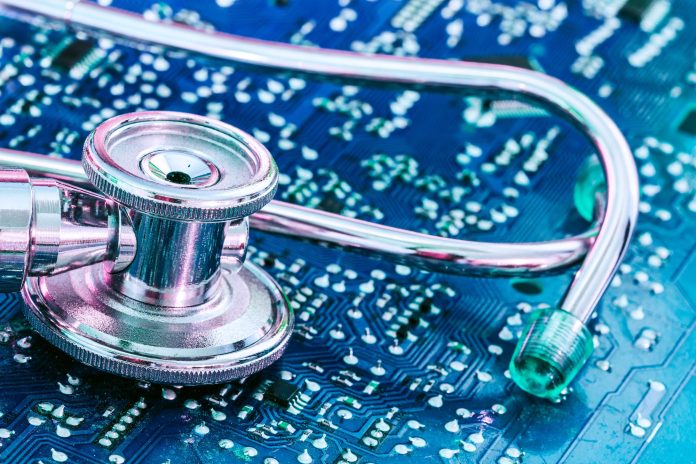Key Takeaways
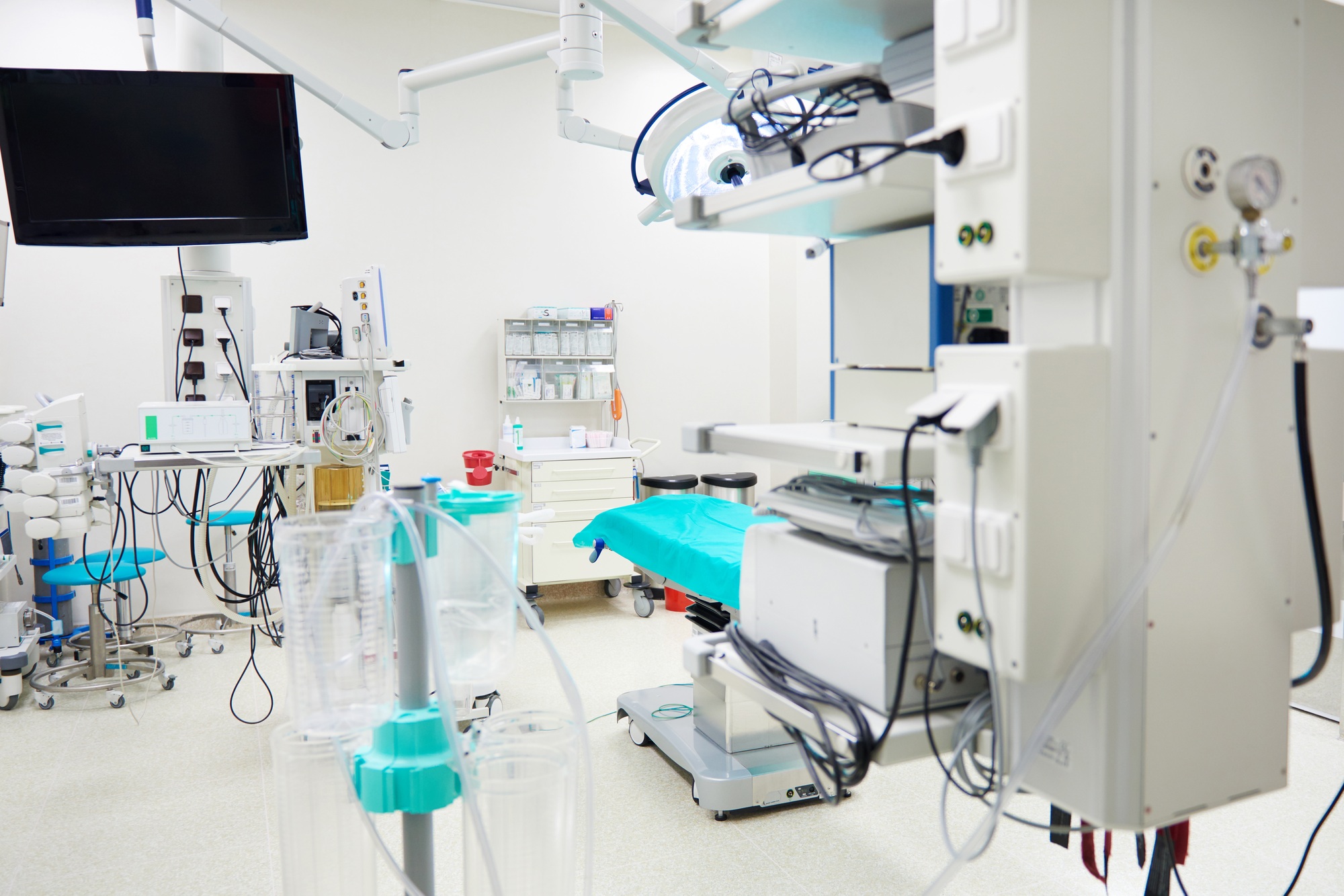
- Crucial Role in Healthcare: Medical technologists are essential for diagnosing and treating patients through laboratory tests and analyses, making their role vital in healthcare settings.
- Diverse Responsibilities: Their tasks include conducting blood tests, microbiological cultures, and analysis of bodily fluids, all of which significantly impact patient care and outcomes.
- Educational and Certification Requirements: A Bachelor’s degree in medical technology or a related field is typically required, along with certifications that enhance employability and expertise.
- Essential Skills: Key skills include strong analytical abilities, attention to detail, technical proficiency with laboratory equipment, and effective communication for teamwork in healthcare settings.
- Growing Job Market: The demand for medical technologists is projected to grow significantly, with a professional growth rate estimated at 11% from 2020 to 2030, driven by an aging population and advances in medical technology.
- Competitive Salary Outlook: As of 2023, the median salary for medical technologists is approximately $54,000, with entry-level positions starting around $46,000 and experienced professionals earning upwards of $70,000.
In today’s fast-paced healthcare environment, the role of a medical technologist is more crucial than ever. If you’re considering a career in this field, understanding the med tech job description is essential. Medical technologists play a vital part in diagnosing and treating patients by performing complex laboratory tests and analyses.
These professionals work with advanced technology and collaborate closely with healthcare teams to ensure accurate results. From blood tests to microbiological cultures, the responsibilities are diverse and impactful. As you explore the specifics of this role, you’ll discover the skills and qualifications needed to thrive in this dynamic career path.
Overview of Med Tech Job Description
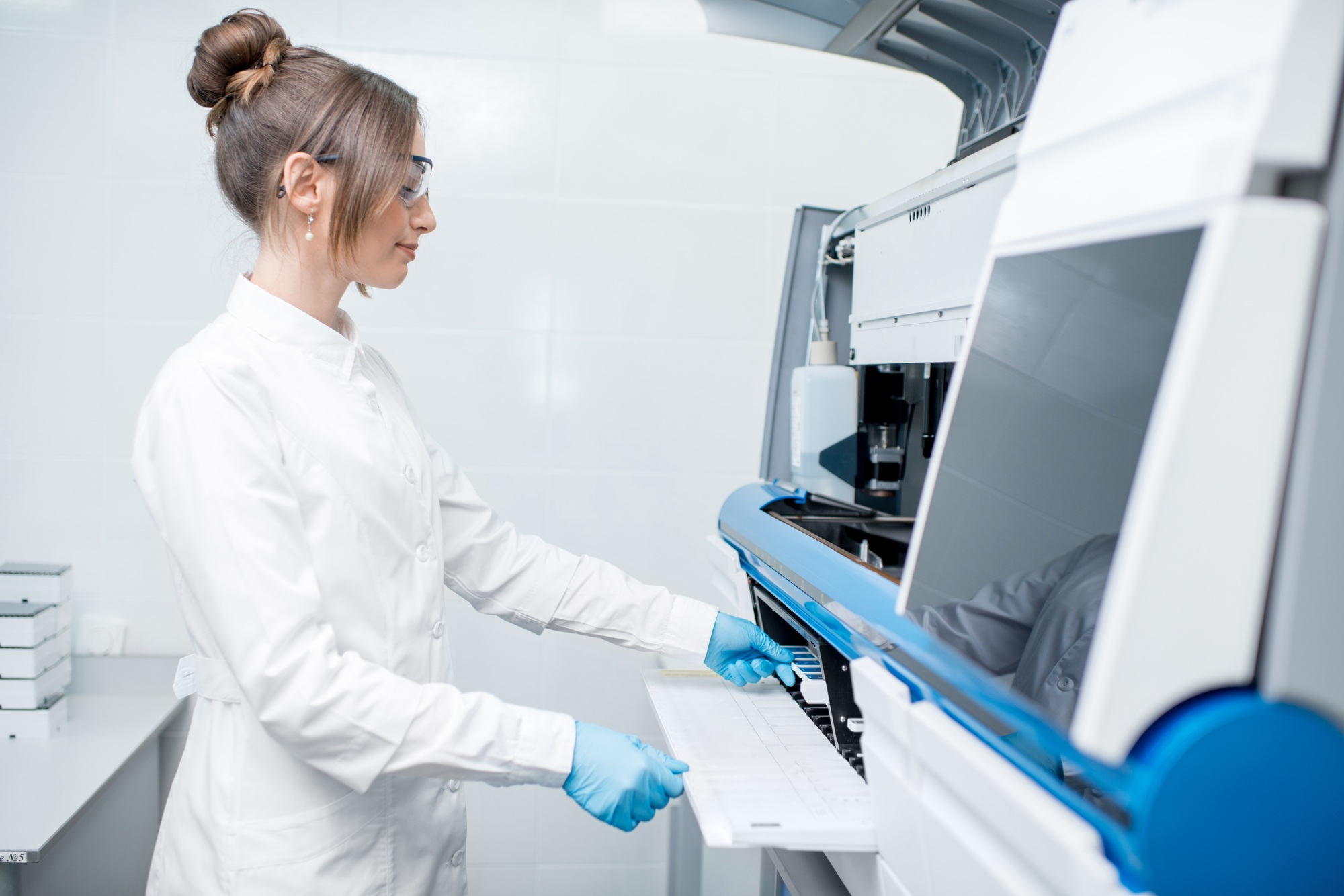
A medical technologist handles various responsibilities within the healthcare setting. You play a key role in performing laboratory tests that aid in diagnosing and treating patients. Tasks include conducting blood tests, microbiological cultures, and analyzing bodily fluids, ensuring accuracy in results.
You collaborate with healthcare teams, which enhances patient care through precise reporting and interpretation. Familiarity with advanced technology and laboratory equipment is essential. Staying updated with industry standards and regulations reinforces the importance of compliance and quality assurance.
As a small business owner or HR employee, it’s critical to understand the qualifications necessary for hiring a medical technologist. Candidates typically hold a bachelor’s degree in medical technology or a related field. Certifications from recognized organizations, like the American Society for Clinical Pathology, often enhance employability.
Effective medical technologists possess strong analytical skills, attention to detail, and the ability to multitask. Continuous professional development through workshops and training sessions ensures technicians remain proficient. Prioritizing these attributes in the staffing process fosters a capable and reliable team to support your healthcare operations.
Key Responsibilities of a Med Tech

Medical technologists play a vital role in small healthcare settings, assisting with various laboratory functions to support patient care. Key responsibilities include performing tests, maintaining equipment, and ensuring compliance with quality standards.
Laboratory Testing Procedures
You prepare biological samples such as tissue, blood, urine, spinal fluid, and gastric juices for testing. Conducting laboratory tests includes serological, bacteriological, biochemical, hematological, and microbiological examinations. Examples of tests performed encompass urinalysis, basic metabolic panels, blood cholesterol tests, and complete blood counts (CBC). These tasks are essential for accurate diagnoses, directly impacting patient outcomes.
Equipment Maintenance and Calibration
You maintain and calibrate laboratory equipment to ensure optimal performance. Regular maintenance minimizes errors in testing and guarantees consistent results. Keeping equipment calibrated aligns with industry standards, fostering a reliable work environment in your small business. This responsibility also reduces long-term costs by prolonging the lifespan of the equipment.
Quality Control and Compliance
You implement quality control measures to uphold testing accuracy. This includes following established protocols and conducting regular checks on laboratory processes. Compliance with regulatory standards is crucial, as it safeguards the integrity of the results provided. Adhering to best practices not only enhances patient safety but also supports your small business’s reputation in the healthcare community.
Required Skills and Qualifications

A strong pool of skills and qualifications enhances the hiring process for medical technologists in your small business. Ensuring candidates possess these attributes fosters a reliable and efficient healthcare team.
Educational Background
A Bachelor of Science degree in medical technology, Clinical Laboratory Science, or a related field is typically essential for medical technologists. Candidates with relevant degrees bring essential theoretical knowledge and foundational skills necessary for performing complex laboratory tests.
Technical Skills
Proficiency in operating laboratory instruments, such as analyzers, colorimeters, and spectrophotometers, is critical. Knowledge of serological, biochemical, and microbiological exams is crucial for accurate analyses. Familiarity with maintaining and calibrating laboratory equipment ensures testing accuracy, ultimately enhancing patient care in your organization.
Interpersonal Skills
Strong communication and teamwork skills are vital for effective collaboration with medical staff. The ability to report findings clearly and interact with physicians improves overall healthcare delivery. Cultivating a supportive work atmosphere encourages professional development, fostering your employees’ growth and ensuring superior outcomes for patients.
Career Outlook for Med Techs
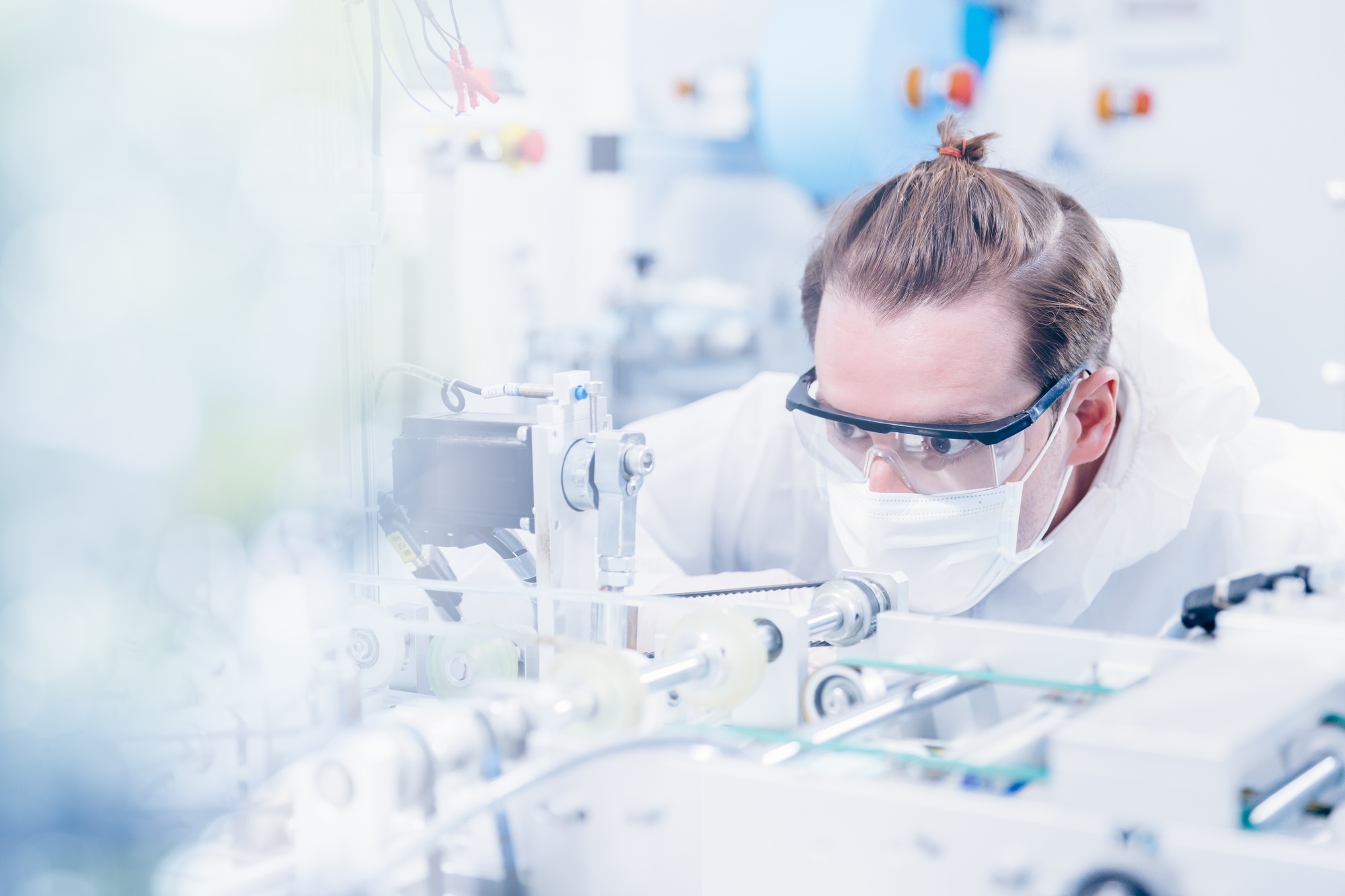
The career outlook for medical technologists shows significant growth potential, especially for small businesses in healthcare. Understanding job market trends helps you make informed staffing decisions for your team.
Job Market Trends
The demand for medical and clinical laboratory technologists is projected to increase substantially, with the U.S. Bureau of Labor Statistics estimating a growth rate of 11% from 2020 to 2030. Factors driving this demand include an aging population requiring more medical testing and advancements in medical technology that facilitate more complex analyses. Small businesses often benefit from this trend as they can attract skilled technologists seeking diverse work environments and opportunities for professional development.
Potential Salary Ranges
Salaries for medical technologists vary based on experience, location, and specific roles. As of 2023, the median annual salary for medical technologists stands around $54,000. Entry-level positions may offer salaries starting at $46,000, while experienced professionals can earn upwards of $70,000. Small business owners may find these ranges helpful when developing competitive compensation packages to attract and retain qualified employees.
Conclusion

Understanding the role of a medical technologist is essential for anyone involved in healthcare. These professionals not only perform critical laboratory tests but also contribute significantly to patient care and safety. By focusing on the required skills and qualifications you can identify the right candidates to enhance your healthcare team.
As the demand for medical technologists continues to grow you’ll want to ensure your staffing strategies align with industry trends. Investing in the right talent can lead to improved patient outcomes and operational efficiency in your healthcare setting. Prioritizing ongoing training and development will further strengthen your team’s capabilities and adaptability in a rapidly evolving field.
Frequently Asked Questions
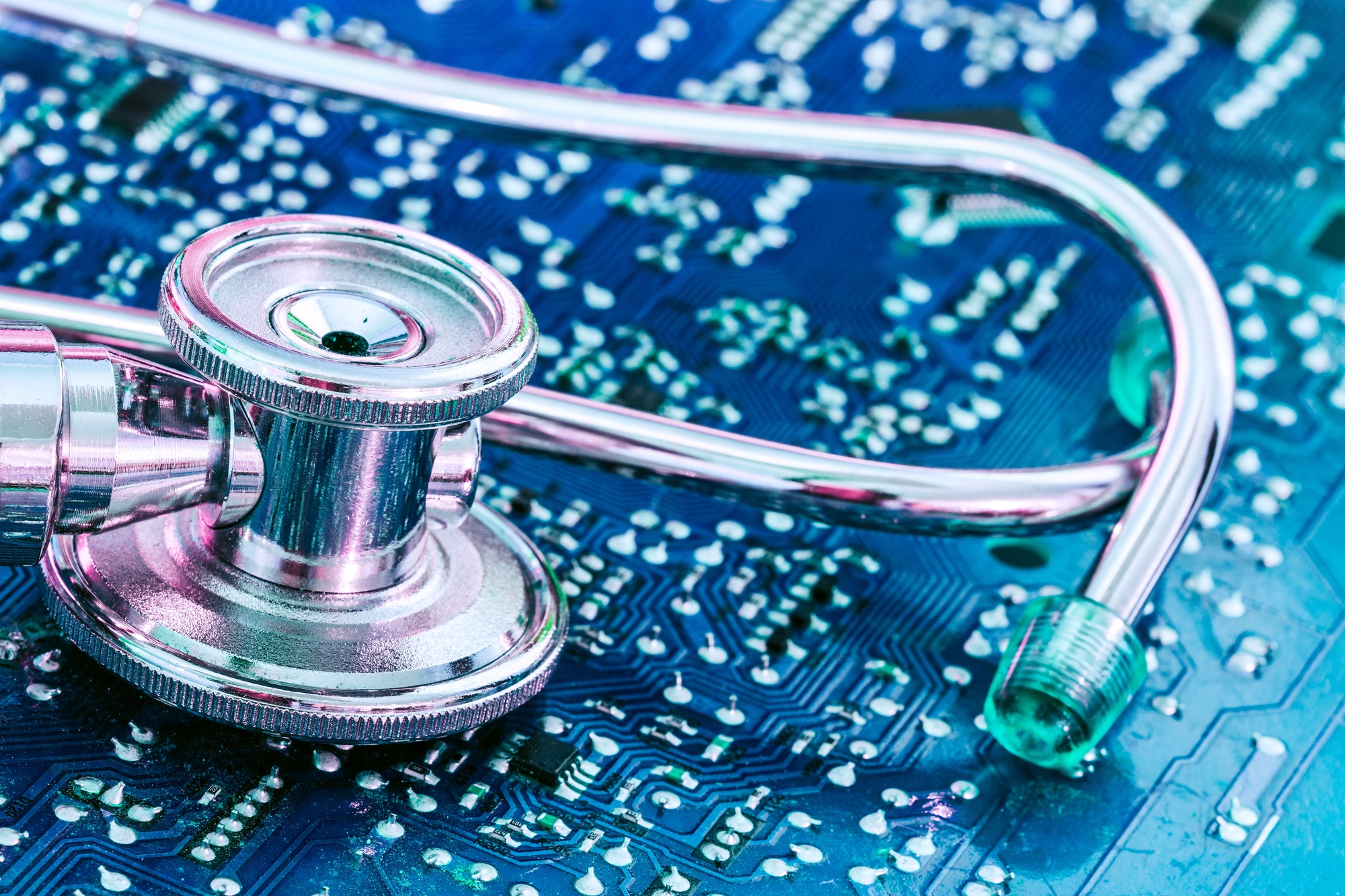
What is the role of a medical technologist?
Medical technologists play a vital role in healthcare by performing complex laboratory tests and analyses to diagnose and treat patients. They work with advanced technology and collaborate with healthcare teams to ensure accurate results, which directly impact patient care.
What qualifications do medical technologists need?
Most medical technologists have a Bachelor of Science degree in medical technology or a related field. Certifications from recognized organizations can enhance their employability. Strong analytical skills and attention to detail are also essential for success in this profession.
What skills are vital for medical technologists?
Key skills for medical technologists include technical proficiency in operating laboratory instruments, effective communication, teamwork, and strong analytical abilities. Attention to detail and the capacity to multitask are also crucial for ensuring accurate lab results and collaboration with medical staff.
How is the job outlook for medical technologists?
The job outlook for medical technologists is positive, with a projected growth rate of 11% from 2020 to 2030, according to the U.S. Bureau of Labor Statistics. This growth is driven by factors such as an aging population and rapid advancements in medical technology.
What are the primary responsibilities of medical technologists?
Medical technologists are responsible for conducting blood tests, microbiological cultures, and analyzing bodily fluids. They also prepare biological samples, maintain laboratory equipment, ensure compliance with quality standards, and implement quality control measures to uphold testing accuracy.
What is the typical salary for medical technologists?
As of 2023, the median annual salary for medical technologists is around $54,000, with entry-level positions starting at approximately $46,000. Experienced professionals can earn over $70,000, depending on location and experience, offering valuable insights for compensation strategies.
Why is continuous professional development important for medical technologists?
Continuous professional development is crucial for medical technologists to maintain their skills and stay updated on advancements in laboratory technology and testing methods. Workshops and training enhance their proficiency, ultimately leading to better healthcare delivery and patient outcomes.
Image Via Envato


